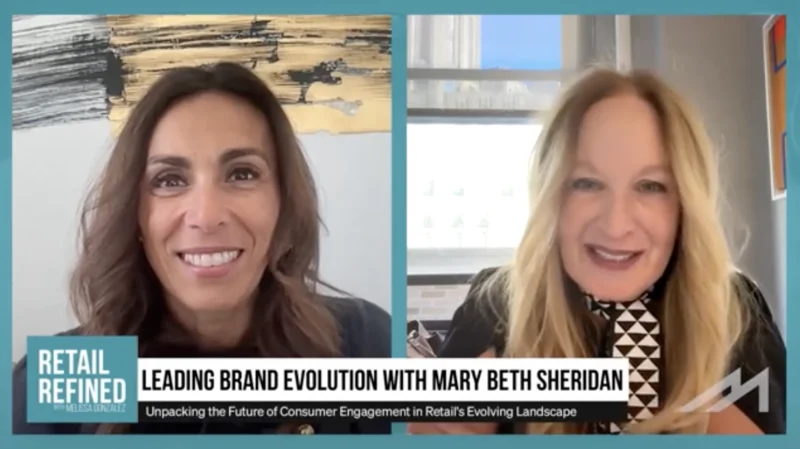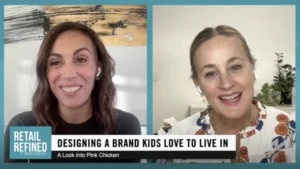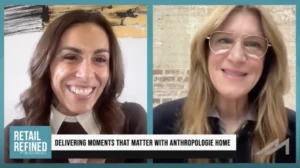Metaverse Marketing: Influencer Avatars Open Up Retailers to a Target Generation of Consumers
The Metaverse has been growing since 2020 and is predicted to hit $800 billion by 2024. The Metaverse has always been extremely popular with the gaming industry, but there are more areas where the Metaverse has been proven to generate revenue for companies.
Retailers are now expanding and using Metaverse marketing to reach younger generations of consumers. Maybelline New York is using a virtual avatar alongside Gigi Hadid to promote their new Falsies Surreal Extensions Mascara. This influencer avatar will play a large role in Maybelline’s product launch and future Maybelline Metaverse campaigns.
Maybelline is not the only retailer using digital avatars and influencers to market products. PacSun and Dentsu are two other retailers that have embraced and developed their own avatars within the Metaverse.
These marketing strategies are aimed at Gen Z consumers. With Gen Z making up about 60% of Metaverse users and many young people preferring to spend time online, the Metaverse is the ideal place for companies to reach an entire generation of young consumers.
With all the developments many companies have made in the Metaverse, is it too late for other retailers who have yet to start Metaverse marketing? Jon Reily, SVP of Commerce & Loyalty Center of Excellence at Bounteous, shares his thoughts about Generation Z’s relationship to virtual realities and his opinions on when companies need to jump into the Metaverse based on the current trends.
Jon’s Thoughts
“Many top brands and retailers are using digital avatars and influencers to better reach Gen Z consumers. So, a lot of brands are asking, ‘Is it too late for me to do this too?’ The answer is absolutely not. Roblox recently commissioned a study that pulled one thousand Gen Zers and asked them about their fashion preferences.
Two out of five of them said that they cared more about their digital fashion than they did their real-world fashion. Now, that in itself is crazy, but the craziest thing about that study is that 70% of them responded that they use their digital avatars to influence their real-world outfits. So, we’re now literally at the point where rather than designing our avatars to look like ourselves in the real world, we’re designing our real-world selves to look like what we would look like in the Metaverse.
Isn’t that crazy? And this isn’t going away anytime soon. Morgan Stanley predicts that the digital fashion industry will be worth $50 billion by 2030. That is just right around the corner. Where’s my flying car? So, are you too late? Absolutely not, and the brands that don’t jump on this now, probably are doing so at their peril. See you in the metaverse.”
Article by Gabrielle Bar








